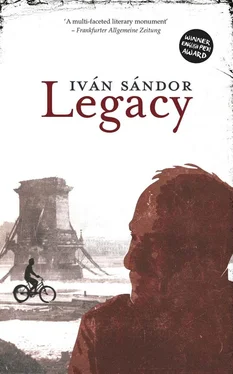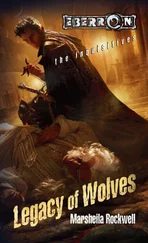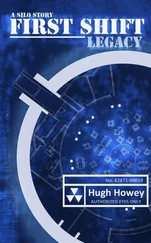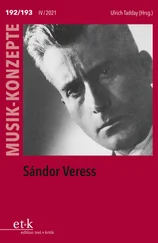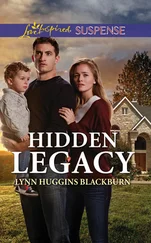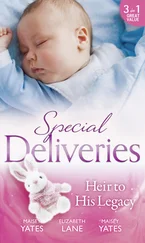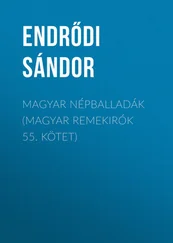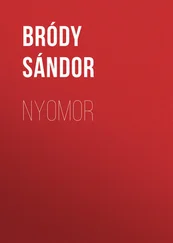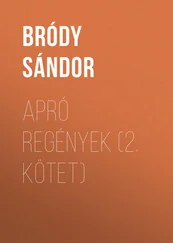Don’t worry! Look after yourselves! Hoping to see you soon and until then all my love.
PS. We would like to get away from here. Is it possible with papers to rent a room? It’s not very nice here, but if there is nothing else we’ll put up with it, of course.
The standard lamp in the third room is on. The green lampshade gives the impression of everything being in an underwater world. I have covered one of the couches with a striped prayer shawl.
Jolán Bors comes in behind me. I dare not say to her that it would be better if she stayed outside. I want to find Vera. As I enter the rabbi’s wife raises her hand in a warding-off gesture with the look of someone preparing for the door to be burst open, but then she spots Jolán Bors behind me. Jolán is wearing a headscarf; so is she. They are the same height and both have black headscarves. I tell her that I have written a letter to my parents, and I would like Vera to sign it as well. Vera comes forward from the corner and asks Jolán Bors if she knows where her mummy is. Jolán does not answer. I hand the pencil stub over, and Vera signs the letter under my name.
We go through the rooms with Jolán. Before we step out into the outside corridor we are joined by the man in the raincoat who plucked a tune for us on the violin the evening before. I would have liked to ask him what tune it was that he played and to say that I could play the piano accordion a little and that it was one of the tunes I had learned, but I don’t dare ask because I can see he is in a hurry. We let him go ahead with Jolán Bors. He stops on the corridor; he has the white stick now. He puts on a pair of dark glasses.
Jolán Bors unexpectedly gives me a kiss. It is something she would not have dared to do before as it would have been odd to give the boss’s son a kiss, although admittedly they did not call my father boss in the workshop: he said they should address him as Mr Béla. Her face has a strange odour — not unpleasant, mind you, more like it had been sprinkled with flour.
Jolán Bors proceeds down the outside corridor and reaches the man with the dark glasses and the white stick who is carrying his violin under one arm. The man waits and puts his free arm round her, and they proceed in that fashion.
One of the boys says news has come through that people who live in homes will not be taken into the ghetto. I can’t find my bed companion of the previous night and don’t feel like discussing this with the others. One broad-shouldered lad in a pullover and peaked cap comes over to me. Are you the new kid? What’s it to you? I say in reply. He whispers in my ear that they’re shooting a line, you’ll see, they’re coming to get us.
I go out on to the corridor. Beanpole is slumped against the railings smoking a cigarette butt. He asks if I want a drag; I decline. The sleet which fell last night has frozen to the banisters in long icicles. The sky is invisible, being covered by black clouds, so it’s barely lighter than inside in the rooms. The windowpanes are broken. My duffel coat appeals to Beanpole. It’s not mine to give, I say. What do you mean not yours? I tell him the story of how the coats were swapped. I can’t imagine how he is still managing to get a puff out of the dog-end which has already burned down to his fingernails. Had Soproni bought it? It could be, I say, but maybe they managed to extract the bullet. You did well out of the swap, he says, this one’s a lot warmer.
I seek out the rabbi. I’m told he’s down in the basement with the sick. I go down there but can’t find him. I wait for him on the landings. It’s a way of passing the time, and it’s better there than in the rooms or the cellar. The rabbi comes that evening with a basket on his arm. We go upstairs together. He has brought bread and carrots. Can I help with serving it out? We go into the room where his wife is with Vera. Green light again, as if mould were covering the walls, the furniture, the wife’s headscarf, Vera’s face and the rabbi’s hat.
The woman calls the boys in individually; they each get a slice of bread and a carrot. I don’t know how I should address the rabbi. He tells his wife that perhaps it was a mistake to share out the carrots as well that day; they ought to have been put aside for the following day. His wife says that we were down to praying to the Everlasting with all the fasting.
The rabbi takes a prayer robe or shawl out of the cupboard and wrapped it over his head. The black stripes of the robe glitter in the light; I see the white silk as green. He takes the robe off, folds it and puts it back in the cupboard. We are not fasting out of any wish to adhere to the Teaching, he says; we are fasting because we have no option, and we do not partake of any assistance from the Everlasting. Is it always up to us to act in order that the Book of the Law is adhered to, I wonder, or is everything not the other way round? That He ought to behold us and build the Teaching in accordance with what He sees. Is everything the other way round?
Vera is paying attention.
Dearie me, she presses the palms of her hands together, that’s going too far.
The Zohar, the rabbi replies, says that all our wishes will be accomplished when the heavens are rent. The heavens were rent, and we have been left on our own. We have followed the Book of the Law, and despite that are unable to see our own shadow. Joshua consoled those wandering in the wilderness when they trembled that they could not see the shadows of their pursuers, for a man who casts no shadow is not a man, the Book of the Law says, there is no man. But can our shadows be seen in the dark, I ask myself.
Vera is crying, so, too, the woman. They embrace each other.
I ask if everyone from here is to be taken into the ghetto. He says, I don’t know, son. I’ve heard people say they will, but I’ve also heard that an extension permit is due to come out, I say. He had heard the same two bits of news. He asks if there is a place we might go to. My parents are in the Alice Weiss Hospital, and supposedly we shall not be allowed in there, though, of course, we can try if needs must. When I said that Vera came over to me. What did she think? I ask. Should we make a start? She says, It’s not up to me. I don’t have the authority — not from the Everlasting or from anyone else. You lot need to decide. Is there a chance that we won’t be taken in? Maybe there is and maybe there isn’t.
I go through the rooms tapping on the iron frames of the beds. I only check if the shell is still in my haversack. Then I go back. I tell Vera to pack it away in her small suitcase. The rabbi and his wife are sitting under the green lampshade. The woman gets up; she hugs Vera and also hugs me to her. She looks questioningly at her husband, and the rabbi also gets to his feet. He makes a deep bow before her, then steps over to Vera and places the palms of both hands on her head. He then places his palms on my head before making another deep bow to his wife.
Rifle shots can be heard from Teleki Square; from the Outer Circle it is more in the way of machine-gun bursts. I walk a few steps in front of Vera. At road junctions I wait and only signal if I see no one around. We reach Teleki Square. I feel easier in the dark streets than in the dark rooms. I don’t know if Jolán Bors has reached my parents. I don’t know if my parents have read my last letter and warned the doormen that we might be coming. I can see people hanging around the market stalls. They are not armed. One of them has just forced a wooden door. Come on, he says. It’s a bit warmer here.
We walk on. The cemetery wall is lit up by the moonlight. German army trucks hurtle next to us along the main road from the direction of Orczy Square a bit further out of town. Vera says she doesn’t mind if we hurry because it will warm up her feet. Baross Square in front of the Keleti Railway Terminus. No doubt there are patrols around the station.
Читать дальше
